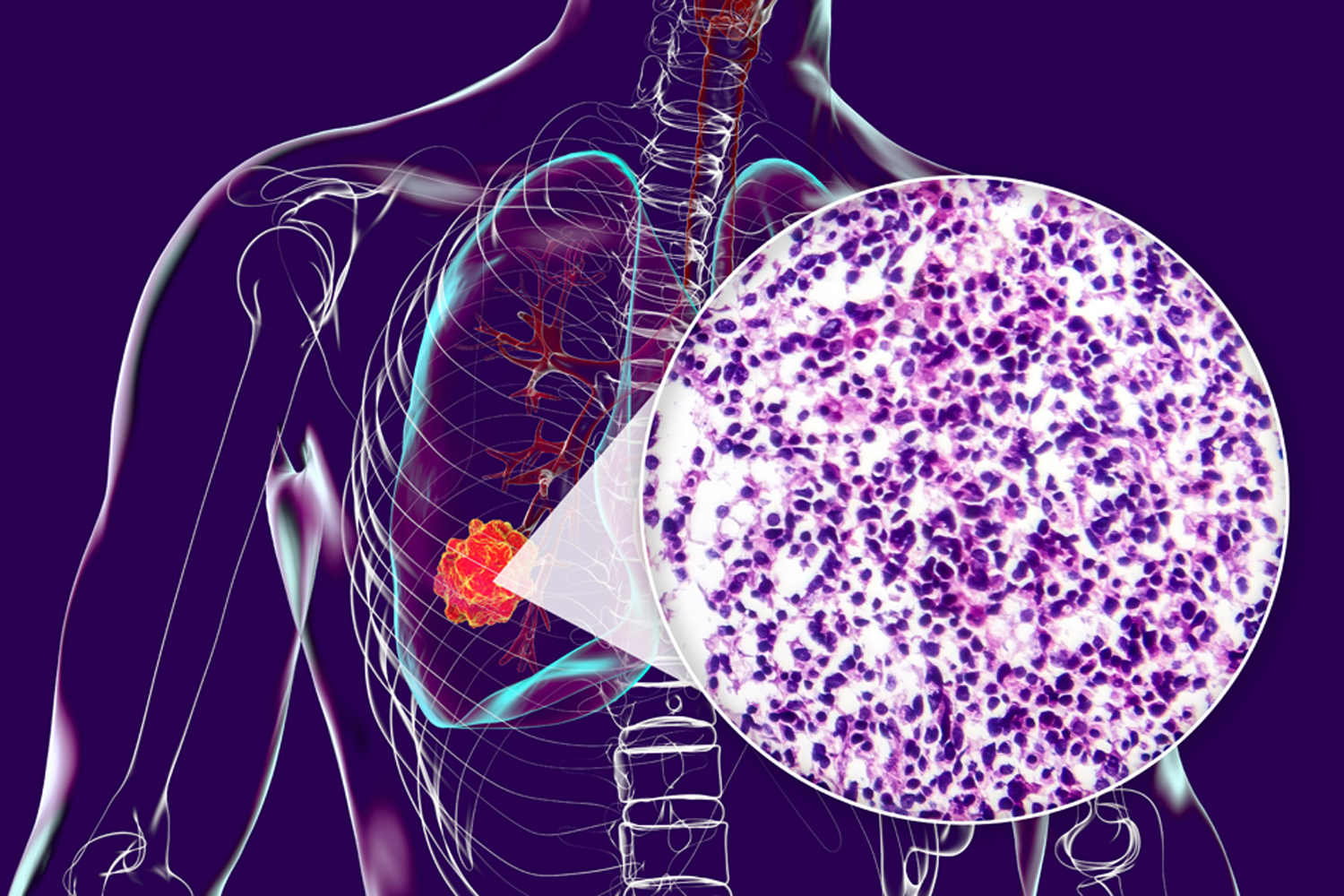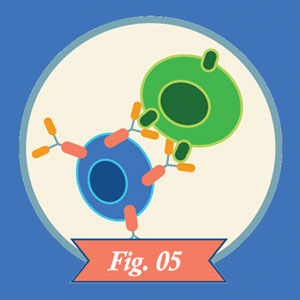-
Finding More Targets for CAR-T Cells
CAR-T cell therapy has successfully treated some patients with leukemia and lymphoma. Researchers are looking to expand the range of cancers that will respond to the therapy.
by Kendall K. Morgan
-
Forward Look
What’s Next? Fall 2019Researchers look for easier ways to screen for colorectal cancer in Nigeria.
by Bradley Jones
-
September 13: The Week in Cancer News
Some cancer drugs being tested in clinical trials do not work the way researchers thought they did, and ringing a bell following radiation therapy may increase distress for patients.
by Kate Yandell
-
HIV Can Worsen Cancer Treatment Outcomes
People with HIV who develop certain cancers are more likely to die from them than patients without HIV—even if they receive similar treatment.
by Jon Kelvey
-
Immunotherapy in the Elderly
Immune checkpoint inhibitors can be effective treatments for elderly people with some types of advanced cancer, but more information is needed on their risks and benefits in this group.
by Emma Yasinski
-
Why Is the Rate of Uterine Cancer Rising?
Uterine cancer incidence is increasing in the U.S., particularly in Hispanic, Asian and black women, but obesity may play a smaller role in this change than was previously assumed.
by Ashley P. Taylor
-
Cancer Care on a Native American Reservation
For the first time, people living in the Navajo Nation who are diagnosed with cancer can get treated for the disease without leaving tribal lands.
by Kate Yandell
-
From the Editor-in-Chief
Clonal Hematopoiesis: You Are Not the Same Person You Used to BeDNA sequencing of blood cells may provide clues for how cancer and other illnesses develop.
by William G. Nelson, MD, PhD
-
The Right Dose
Researchers want to find out when cancer patients can benefit from receiving lower doses of drugs or radiation, shortening treatment or skipping certain treatments altogether.
by Kate Yandell
-
Forward Look
Learning How to Prevent Multiple MyelomaIrene Ghobrial on studying cancer precursors.
by Sue Rochman
Cancer Talk
Treatment Combination Improves Survival in EGFR-positive Lung Cancer
Adding chemotherapy to targeted therapy improves outcomes for people with advanced EGFR-positive non-small cell lung cancer.
by Sandra Gordon
Lessons From 20 Years Living With CancerMultiple myeloma survivor Jonathan Gluck reflects on uncertainty, and the scientific progress that has kept him living with cancer for more than two decades.
by Eric Fitzsimmons
The Enduring Importance of Cancer Disparities ResearchOpening session from AACR conference highlights how perseverance and adversity have informed cancer disparities research over the years.
by Eric Fitzsimmons
Most Cancer Survivors Don’t Meet Healthy Diet GoalsDespite research linking fruits and vegetables to cancer survival, many people do not change their eating habits after diagnosis.
by Darlene Dobkowski















